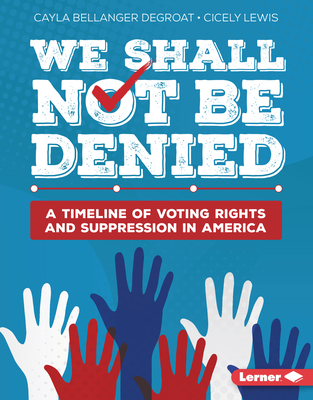
Tezcür, Günes Murat
product information
description
b> addresses the question of why some religious minorities provoke the ire of majoritarian groups and become targets of organized violence, even though they lack significant power and pose no political threat. Güneş Murat Tezcür argues that these faith groups are stigmatized across generations, as they lack theological recognition and social acceptance from the dominant religious group. Religious justifications of violence have a strong mobilization power when directed against liminal minorities, which makes these groups particularly vulnerable to mass violence during periods of political change.
Offering the first comparative-historical study of mass atrocities against religious minorities in Muslim societies, Tezcür focuses on two case studies--the Islamic State's genocidal attacks against the Yezidis in northern Iraq in the 2010s and massacres of Alevis in Turkey in the 1970s and 1990s--while also addressing discrimination and violence against followers of the Bahá'í faith in Iran and Ahmadis in Pakistan and Indonesia. Analyzing a variety of original sources, including interviews with survivors and court documents, Tezcür reveals how religious stigmatization and political resentment motivate ordinary people to participate in mass atrocities.
member goods
No member items were found under this heading.
Return Policy
All sales are final
Shipping
No special shipping considerations available.
Shipping fees determined at checkout.







